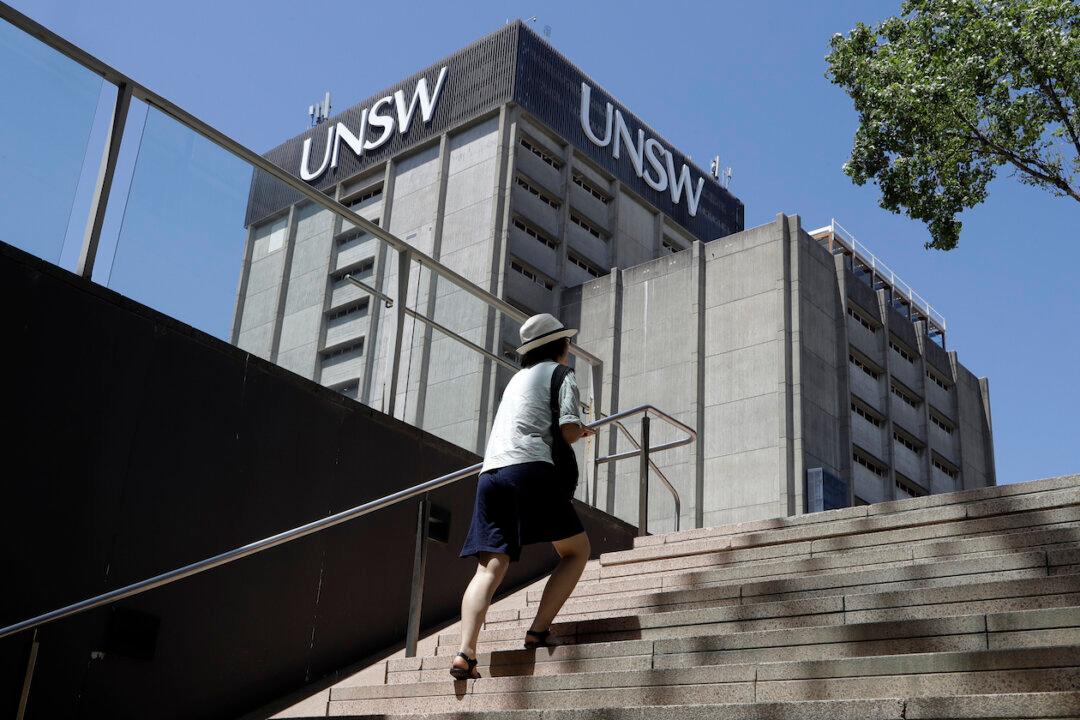A top university in Australia is urging students and academics to report “foreign government harassment” they see in classrooms as a human rights group warns that academic freedom in the country is increasingly under threat.
In emails sent in June and July, the University of New South Wales (UNSW), one of Australia’s Group of Eight universities, asked staff and students to submit complaints about any foreign interference, referring to Human Rights Watch’s report that pro-Beijing groups are intimidating those who criticize the Chinese Communist Party (CCP).




